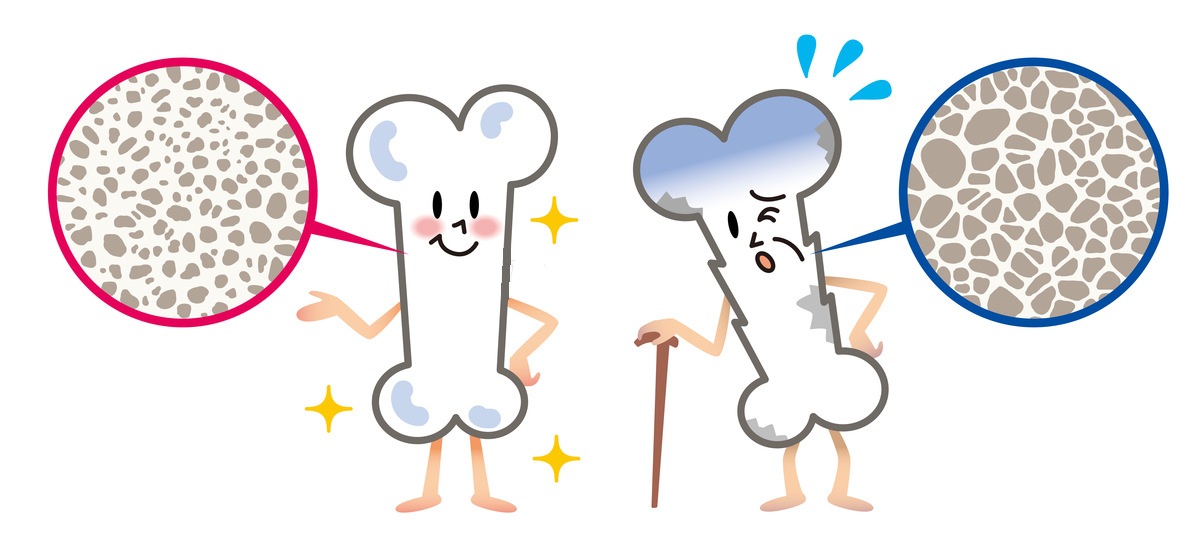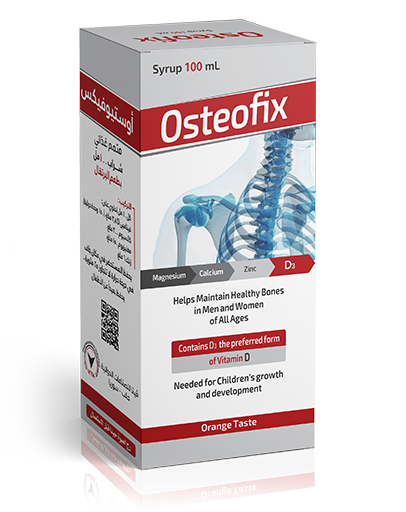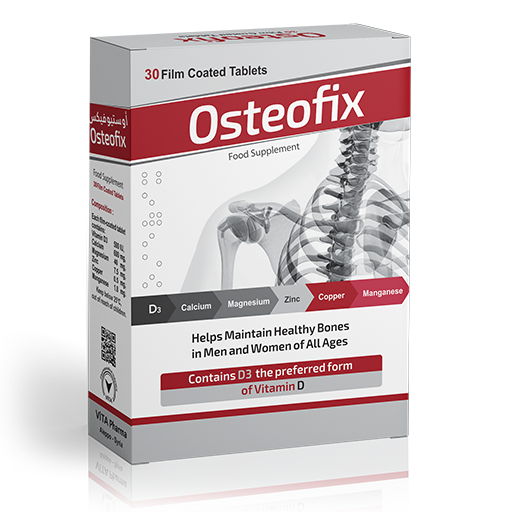Although the importance of magnesium for bone health is known, little is known about magnesium absorption and its relationship to bone mineral content and density both factors that relate to bone strength. In a new study, researchers at the USDA/ARS Children’s Nutrition Research Center at Baylor College of Medicine and Texas Children’s Hospital found that the magnesium content of a diet is significantly related to these two factors. Their report appears in a recent issue of the Journal of Bone and Mineral Research.
In this study, researchers measured the intake and absorption of magnesium in children between the ages of 4 and 8 using special techniques involving stable isotopes to measure the absorption of the mineral. They found that magnesium intake and absorption, but not calcium intake or absorption, were significantly associated with bone mineral content and density.
Deficiencies in teens
“Dietary magnesium intake levels tend to be at a healthy level in small children, but we see deficiencies in these levels in teens and young adults,” said Dr. Steven Abrams, professor of pediatrics at BCM and a physician at Texas Children’s.
This is because magnesium is found in foods such as dairy products, nuts and vegetables, which are not consumed as often by teens and young adults as by younger children, said Abrams.
“This study shows a newly understood, important part of the diet for healthy children,” said Abrams.
Importance of magnesium
It indicates that intake of magnesium may play an important role in optimizing bone mineral development in children, but additional research needs to be done in this field.



